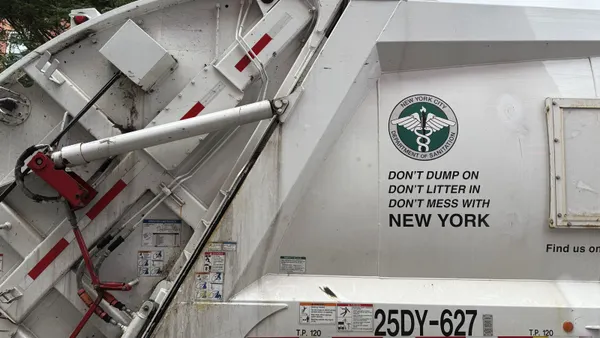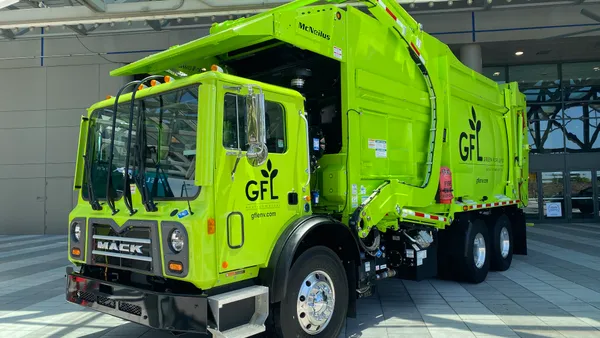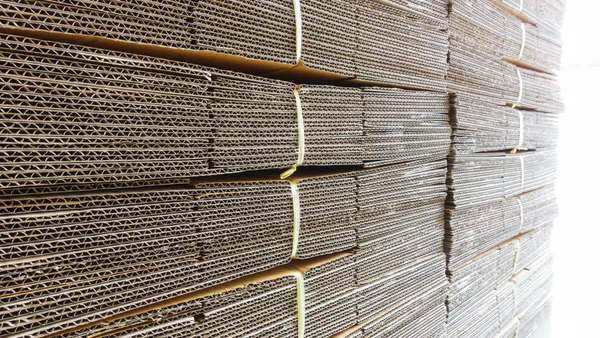Dive Brief:
- The University of Illinois is using organics processing units from EnviroPure Systems to handle food waste on its campus in Champaign.
- Six EnviroPure units across more than 12 campus dining facilities are turning organics into greywater through mechanical processing and aerobic decomposition.
- Residential students at the campus generate an estimated 53 pounds of food waste per year. About 90% of that goes through the EnviroPure units and the remainder is composted at a student farm.
Dive Insight:
Through a combination of local mandates, financial factors and student action, school campuses have been making organic waste diversion a bigger priority in recent years. According to EPA data, at least 120 schools are part of the national Food Recovery Challenge in some way. Efforts include hosting a "rescued food feast", building anaerobic digesters on campus, working to divert leftovers to local food pantries and much more.
The type of on-site grinding and processing unit being used by the University of Illinois is one of multiple options that have come on the market. Technologies come in many sizes and types, with end-products such as liquid fertilizer, natural gas and greywater. In some cases, material is also stabilized before being collected by haulers that take it off-site for further processing.
While opinions and regulations on this type of greywater technology vary, these units are popular options among some large commercial or institutional customers. It will take a range of options as generators, processing companies and local governments work to reduce organic waste as part of long-term goals.













